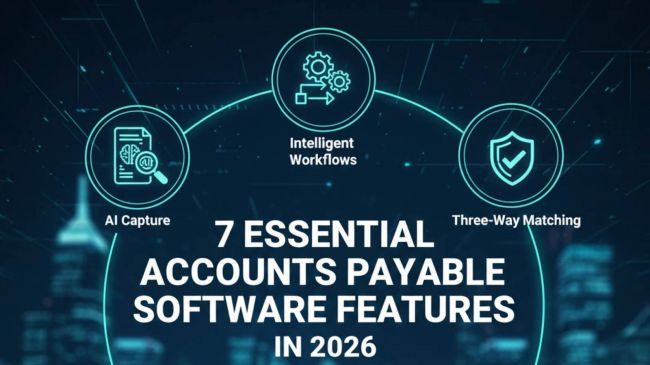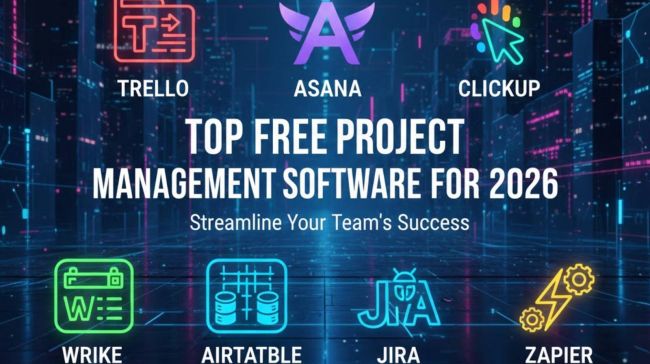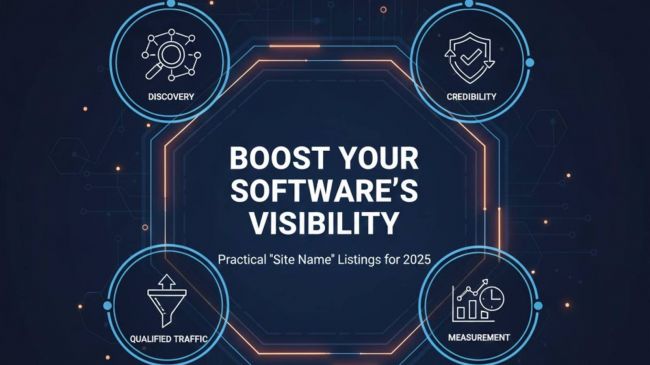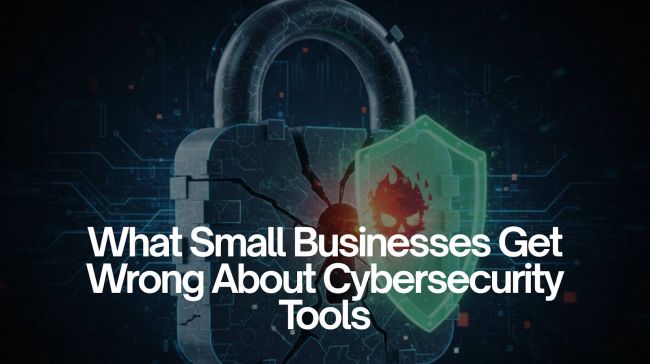The checklist for fund administration used to be simple. Send out reports, balance the books, and stay on time. But in 2025, that bar isn’t high enough. Today’s investors expect more transparency, faster access, stronger security, and tools that don’t buckle under the weight of complexity. Fund managers, in turn, need partners who don’t just keep up with the numbers, but help make sense of them. Whether you’re re-evaluating your current setup or building a new fund from scratch, let’s explore the features to demand from a modern fund administration solution.
Your Admin Can’t Be the Weakest Link in Your Security Stack
In 2025, the idea of trusting sensitive investor data to a password-only login is almost laughable. Cyber threats have gotten smarter, and fund data is a prime target. A solid fund administration partner should treat security like a first principle, not a footnote. That starts with multi factor authentication, which should be table stakes by now. But not every platform treats it that way. MFA isn’t just about sending a code to your phone.

It’s about creating layered defense that blocks unauthorized access even if credentials get compromised. Add to that encryption at rest and in transit, strict user permissions, and regular audits, and you’re closer to the baseline that today’s investors expect. If your fund admin solution doesn’t take security seriously, then your entire operation is exposed. And in this environment, that's a dealbreaker.
Anything less puts your entire operation at risk. In an industry where transparency is no longer optional, as highlighted by the Forbes Tech Council, security and openness go hand in hand.
Fund Accounting and Reporting Shouldn’t Be a Black Box
Accurate books are the bare minimum. What investors want in 2025 is insight that’s delivered clearly, consistently, and in a format that actually makes sense. The best fund administration services provide real-time or near-real-time dashboards, interactive capital account statements, and investor portals where LPs can pull what they need without a back-and-forth email chain.
Internally, your team should be able to reconcile quickly, track NAVs with confidence, and generate reports without rerunning the same batch of queries four different ways. It’s not just about saving time. It’s about building trust. Investors are getting savvier. They expect data that’s timely, transparent, and well-presented. If your admin partner isn’t delivering that, the reporting isn’t working. As investor sophistication rises in a private market boom, opaque reporting is a liability.
Your System Needs to Handle Complexity Without Meltdowns
Private markets aren’t getting simpler. If your platform can’t handle Multi-tiered structures, special purpose vehicles, multiple share classes, co-invests, or hybrid funds, then it can’t handle your fund. A modern solution needs the flexibility to deal with real-world structures, not just the textbook ones.
That includes custom waterfall modeling, tax-sensitive reporting, and support for carry and incentive allocations that don’t break every time you make an exception. It also means the system should be able to scale. If onboarding a new fund or expanding your LP base takes weeks of backend wrangling, you’re not working with the right tools.
Integration With Your Tech Stack Isn’t Optional Anymore
Your fund administrator shouldn’t operate like an island. Whether you’re using CRM systems, document management platforms, or custom reporting tools, your fund admin solution needs to play well with others. That means solid APIs, flexible data exports, and workflows that minimize double entry. When systems talk to each other, your team works faster and errors go down. But beyond the internal efficiency, integrated systems improve the investor experience.
Data moves cleanly from source to report. Investors see consistent numbers. There’s less confusion, fewer reconciliation delays, and more time to focus on decision-making. If your admin platform doesn’t integrate easily, or resists integration altogether, it’s going to slow you down in ways that eventually cost real money.
The People Behind the Platform Still Matter
It’s easy to get wowed by features. But what separates great fund administration from forgettable ones is how they show up when things go sideways. In a high-stakes environment, access to smart, responsive humans isn’t a luxury. It’s a requirement. You want a team that understands fund mechanics, not just software menus.
A team that can explain what’s going on in plain language when investors ask tough questions. The tech should work. But when the unexpected happens, like a merger, a rapid fundraise, a regulator asking pointed questions, you need people who know how to help, not just tickets that disappear into the void. Modern fund administration isn’t only about automation. It’s about service, accountability, and knowing someone has your back when the numbers get messy. Technology is the engine, but service and accountability are the safety net. Reviews of other platforms, like TechNewzTop analysis, remind us that flashy features alone aren’t enough—trust and reliability count.
Final Thoughts
The checklist for fund administration has expanded. In 2025, investors expect security, transparency, real-time data, scalability, integration, and human expertise.
Solutions that fail to deliver risk losing credibility in an increasingly competitive private markets landscape. Independent feedback—like FirmSuggest’s Yrefy review on investor sentiment and returns—underscores how trust is built not just on performance, but on clarity and communication.
A modern fund administration solution isn’t just about balancing books—it’s about building confidence, reducing risk, and positioning your fund to thrive in a demanding environment.
Post Comment
Be the first to post comment!





